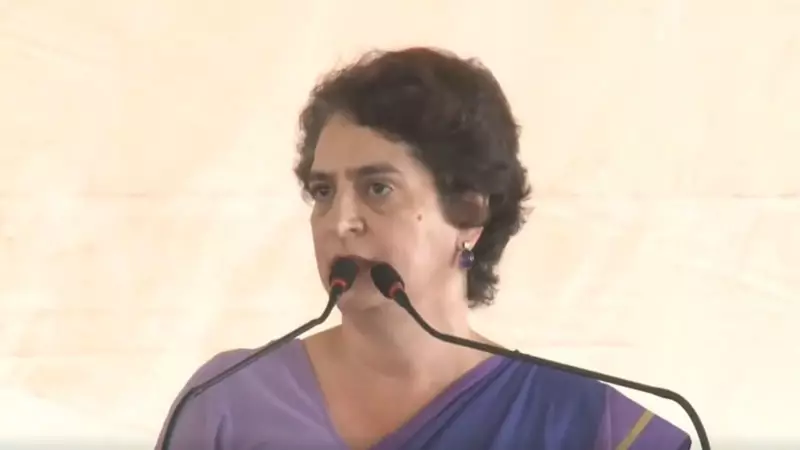
In a compelling moment on the campaign trail, Congress leader Priyanka Gandhi Vadra shared a remarkable story that offers a rare glimpse into how ordinary citizens can shape political perspectives, even at the highest levels of power.
The Transformative Encounter
During an election rally, Priyanka recounted an incident from her father Rajiv Gandhi's political career that left a lasting impact. "I remember a story about my father," she began, setting the stage for a narrative that underscores the power of direct citizen engagement.
The former Prime Minister, while visiting a village, encountered a woman who didn't hold back her frustration about the lack of basic amenities. Rather than offering polite praise or muted criticism, she confronted the country's leader with raw honesty about the water crisis affecting her community.
A Lesson in Ground Reality
Priyanka emphasized how this straightforward, unfiltered feedback became a turning point in Rajiv Gandhi's understanding of rural India's challenges. The woman's blunt assessment of the water tap situation served as a reality check that bureaucratic reports and official briefings couldn't match.
"This wasn't just a complaint about infrastructure," Priyanka explained. "It was a powerful lesson in how governance directly impacts daily life and how courageously speaking truth to power can create meaningful change."
Political Context and Current Relevance
The anecdote comes at a crucial time in Indian politics, with opposition parties highlighting issues of rural development and access to basic amenities. Priyanka's storytelling serves multiple purposes:
- Connecting the Gandhi legacy with grassroots concerns
- Demonstrating how citizen feedback can influence policy
- Highlighting the Congress party's historical engagement with rural issues
- Drawing contrasts with current governance approaches
The video of Priyanka sharing this story has gained significant traction on social media, resonating with audiences who appreciate both the human element and the political messaging.
Broader Implications
This incident underscores several important aspects of Indian democracy:
- Accessibility of Leaders: The ability of ordinary citizens to directly engage with top political figures
- Power of Authenticity: How honest feedback can be more valuable than diplomatic praise
- Policy Impact: Real-world experiences shaping political understanding and subsequent actions
- Political Storytelling: How personal narratives become powerful campaign tools
As the election season intensifies, such personal stories from political families serve to humanize leaders while making broader points about governance, accountability, and the relationship between citizens and their representatives.
The enduring lesson, as Priyanka Gandhi suggests, is that sometimes the most profound political education doesn't come from briefing rooms or policy papers, but from courageous citizens willing to speak uncomfortable truths.






